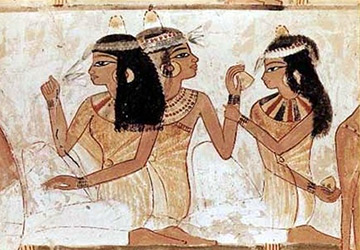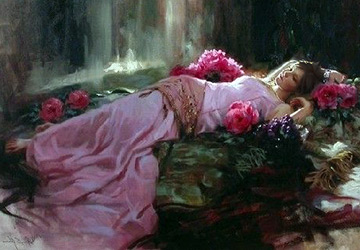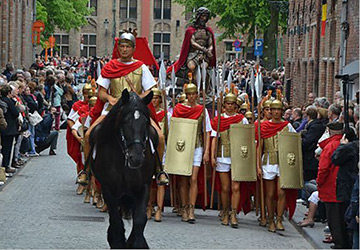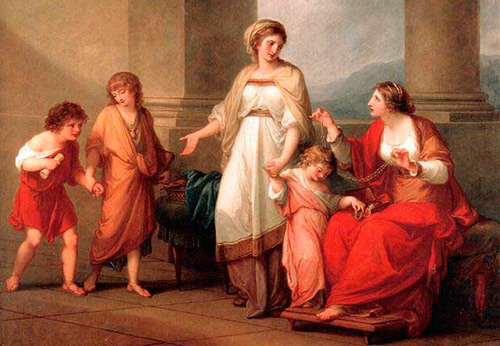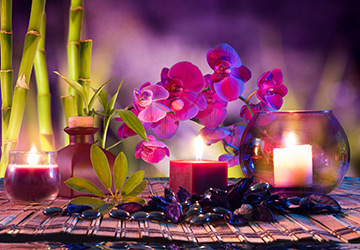Perfumery
Perfumery in Ancient Rome
The mysterious and sweet world of aromas irresistibly attracts to itself. And this world has its own history, which is inextricably linked with the history of mankind.
The passion for incense also took possession of the Roman Empire. The Romans quickly became familiar with the culture of the Hellenes. And continuing their traditions, they made a significant contribution to the development of perfumery, established trade routes on land and sea with Arabia, India, Africa, through which raw materials were delivered to create fragrances.
The Romans stifled everything - from young to old. They used aromas both in secular life and in rituals, they especially loved rose, incense, costus, benzoin gum, ambergris, musk, and other aromatic substances. Everything around was fragrant - not only the body and clothes, hair and shoes, but incense was burned in the rooms, and aromatic spices were used in food.
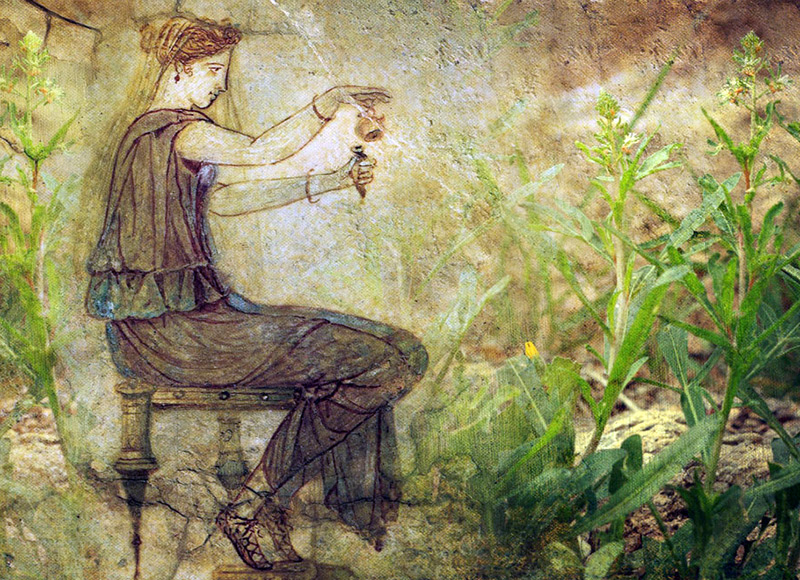
The Romans used scented water to wash furniture, and sprinkled with aromatic herbs on beds or impregnated them with incense. They got to the point that, by order of the emperor, during his movement, they began to pour incense on the dusty streets of the capital so that the imperial nose would not feel the bad smell of the dumpsters of the Eternal City.
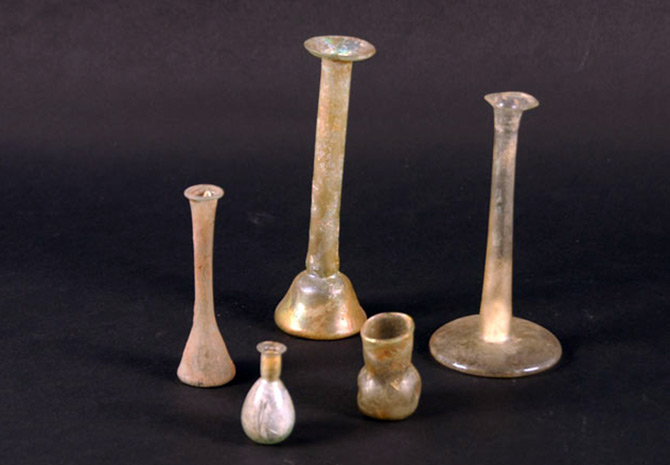
Roman perfume bottles
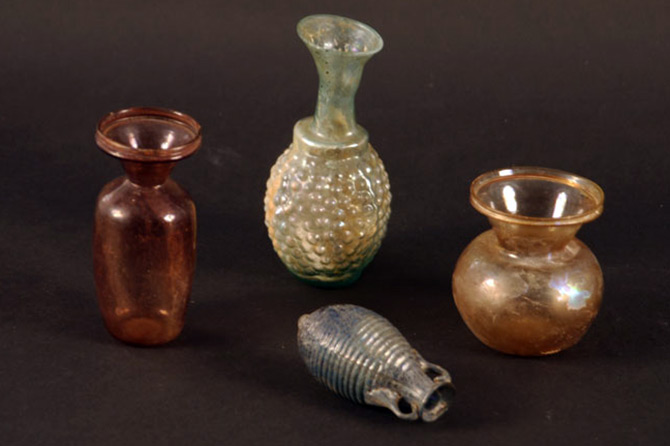
The Romans knew a lot about the healing effects of fragrant substances. They dedicated whole treatises to them. Even then, the Romans discovered the beneficial effects of scents on thinking, feelings, and decision-making ability. In military campaigns with Roman legionaries, Dioscorides (in the 1st century AD) expanded his knowledge in the field of medicine, later writing the work "The Essence of Medicine" (in 5 volumes).
The first volume was devoted to treatment with essential oils and was called "Incense, vegetable oils, ointments and trees." He gave a special place, among all those listed by him, - white lily, daffodil, rose, cardamom, sandalwood, iris, as well as substances of animal origin - musk, civet, castoreum and some resins.

The Romans themselves began to prepare ointments, scented waters, powders, lipsticks, rubbing. It is assumed that the Romans possessed a technique that resembled distillation. Many Greek doctors also served in the Roman army and brought their knowledge of aromatic and medicinal plants. Galen was the personal physician of Emperor Marcus Aurelius. He wrote many works related to medicine, which became the basis for many scientists of that and subsequent times and spread throughout the world. The original cream invented by him laid the foundation for cosmetology.
But the most interesting thing that happened during the Roman Empire is that Rome was the first to use glass bottle in perfumery, replacing clay jugs. This bottle has retained its purpose to this day.
The inhabitants of Rome arranged riotous feasts of aromas - each part of the body smelled of its own special aroma peculiar only to this part of the body - mint for the hands, palm oil for the cheeks and chest, marjoram - for the eyebrows and hair.
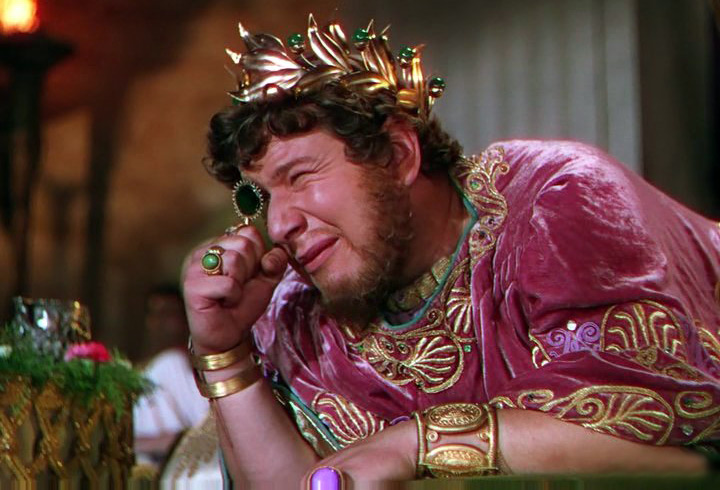
The Roman emperor Nero was especially zealous in aromatization at feasts. The ceiling of the hall in which the guests were reclining was equipped with hidden pipes, exuding a wondrous aroma, and from time to time the guests were sprinkled with rose petals from the wall panels. There were cases when one of the invitees simply suffocated.
The abuse of fragrances and, in particular, the rose as a decoration has reached extreme limits. For example, the vain proconsul Verres, accused by Cicero of corruption, moved around Rome on a stretcher, the mattress and pillows of which were stuffed with fresh rose petals, and he himself was all entwined with garlands of these flowers.
Roses were exterminated in huge numbers.They were used to decorate the dinner feasts of the Romans, at which not only each guest was to be crowned with a wreath of roses, but also the food served and the serving slaves, all vessels, cups of wine were decorated with these flowers, and they also covered the entire table, and sometimes the floor. ...
But all the emperors with his barbaric extermination of roses were surpassed by the emperor Heliogabalus I.
At one of the feasts, noble guests were pelted with so many roses falling from the ceiling that some of them, much to the emperor's delight, suffocated under them. The emperor himself bathed only in wine from roses, which after that the slaves had to drink. By his own order, public baths were filled with wine, strewn with roses.
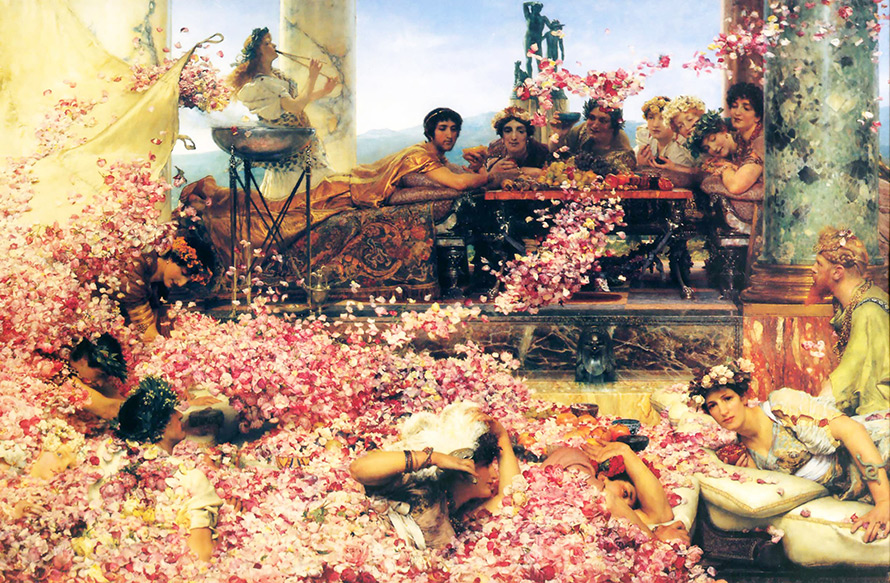
Painting of the rose of Heliogabalus
Gardens in the vicinity of Rome were unable to meet the need for roses, and they had to be brought in whole ships from Alexandria and Carthage.
The Romans literally bathed in aromas from morning to evening, deified them. They were even more wasteful in using fragrances than Greeks... In 65 AD a law was even passed prohibiting ordinary citizens from using oils of cinnamon, laurel, frankincense and juniper. This was due to the fear that the aromatic substances simply would not be enough for sacrifices to the gods.
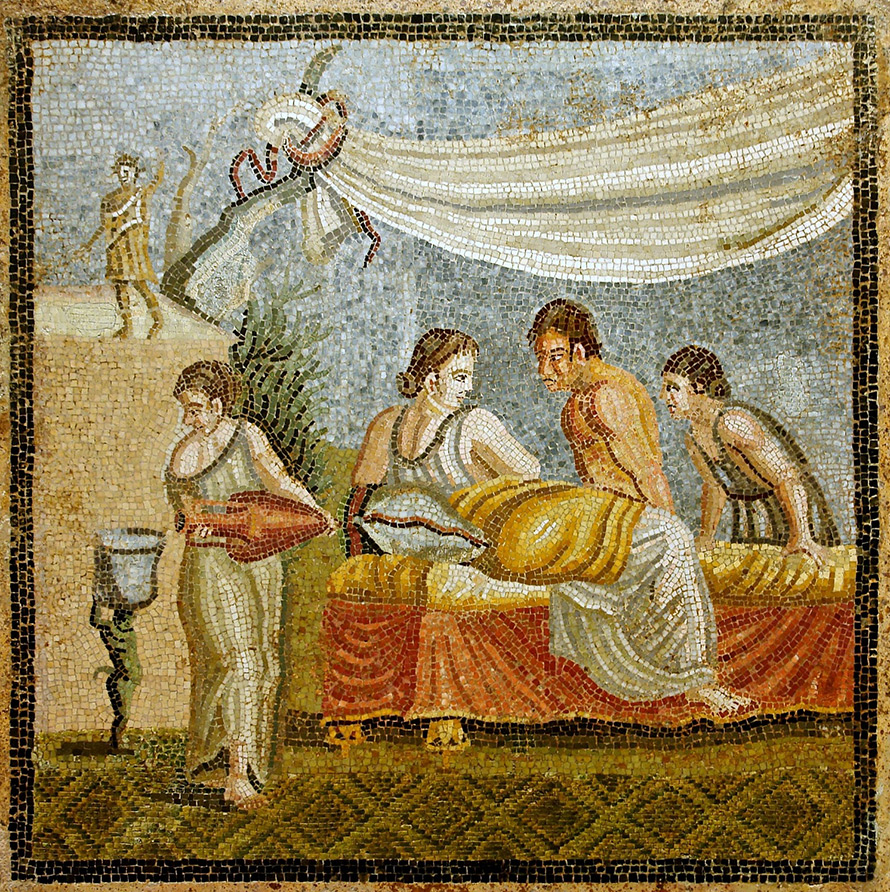
In the life of the Romans, a shift in values took place - their gaze was already directed more towards sensual pleasures and pleasures, while the moral and spiritual were weakened.
"While Rome was the Rome of heroes, it prospered, as soon as it ceased to honor the values that gave rise to it, and he died."
A. Maurois.
Shouldn't all of humanity also conclude from this that it is very useful to know history in order to draw appropriate conclusions and not repeat the mistakes of ancestors.
With the fall of the great Roman Empire, perfumery moved to the East.
Comments and Reviews
Add a comment
Rating news
Shades of clothing that make women look younger
What shades of hair make women younger: rules and photos
Funny wedding dresses - photos and ideas
12 most expensive down jackets for the winter
How to look 25 at 40: tips from supermodels
Beautiful schoolgirls
Anti-aging haircuts and hairstyles for women
Fashionable skirts for autumn and winter
Fashionable women's trousers for the cold season
Fashionable and stylish sandals for summer 2024
Spring-summer 2024
 Fashionable dresses and tops with thin spaghetti straps
Fashionable dresses and tops with thin spaghetti straps
 Bandana tops: how to wear stylishly and beautifully
Bandana tops: how to wear stylishly and beautifully
 How to put together the perfect men's wardrobe for the summer
How to put together the perfect men's wardrobe for the summer
 Trendy shorts for spring-summer 2024
Trendy shorts for spring-summer 2024
 Fashionable skirts for spring-summer 2024: a guide to online shopping
Fashionable skirts for spring-summer 2024: a guide to online shopping
 The most fashionable dresses spring-summer 2024: styles and colors
The most fashionable dresses spring-summer 2024: styles and colors
 Fashionable total look 2024: image ideas and trends
Fashionable total look 2024: image ideas and trends
